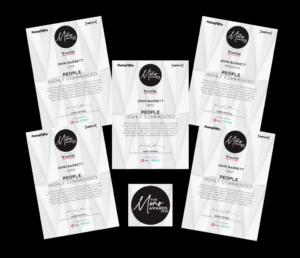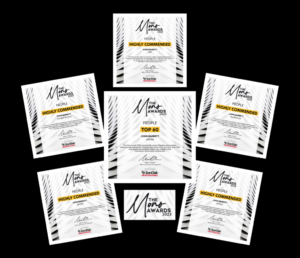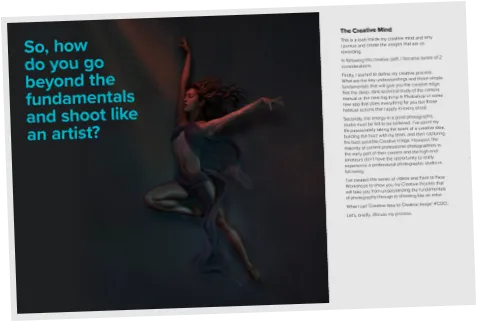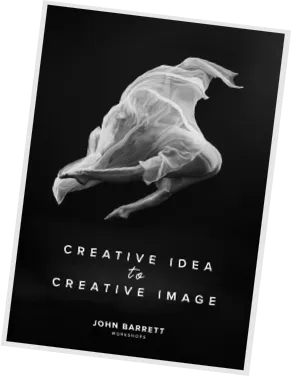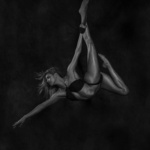Are you wondering if photography courses are worth it? Well, I’m here to tell you yes – and here’s why.
I’m a professional photographer with decades of experience who walked straight out of high school and into the best fashion photography studio in Australia. This was in the days when the photographer (a brilliant & eccentric British-trained photographer in my case) took you on as an assistant. You were trained on the job, being shown the intricacies of camera and lighting, overcoming the problems that would arise and learning how to communicate on set. Formally, I was trained by attending the University of Technology Sydney where I learnt the physics, optics & chemistry of photography.
We’ve moved into a time where information and images are accessible everywhere online, and the question of whether photography courses are worth it is a pertinent one. People still ask the question that has been there since the dawn of photography: How to get better at photography? Aspiring photographers, both new professionals and high-end amateurs, often grapple with this decision, weighing the benefits of structured education from an expert against self-guided learning. In this blog, we’ll investigate the value of photography courses, examining the advantages they offer and helping you make an informed decision about whether they are truly worth it.
5 reasons you should invest in your craft today!
1. Structured Learning and Curriculum
One of the primary advantages of photography courses is the structured learning they provide. Courses are designed by experienced professionals who identify subjects and build a course that covers everything from fundamental concepts & processes to advanced techniques. Through experience they understand the processes needed and the problems that arise. This structured approach ensures that learners receive a well-rounded education, building their skills systematically and avoiding gaps in knowledge that self-learning might let slip through.
2. Access to Expertise and Guidance
Photography courses are often led by experienced mentors who have spent years honing their craft. They have worked in the professional environment and have experienced all the highs and lows that capturing images entails. Their expertise provides invaluable insights, personalised feedback, and mentorship that self-learners might miss out on. Instructors can address queries, provide constructive critiques, and share real-world experiences, accelerating the learning curve and offering guidance that can significantly enhance one’s photographic journey.
3. Hands-On Experience
Many photography courses offer hands-on experiences, such as workshops, one on one mentoring and practical assignments. These experiences allow the aspiring photographer to apply theoretical knowledge in real-world scenarios, honing their skills through active engagement. Practical application fosters a deeper understanding of concepts, promotes problem-solving skills, and builds the confidence needed to tackle diverse photographic challenges.
4. Accessing the Community
Attending a face-to-face photography course facilitates connections with fellow photographers who share similar interests and passions. Networking within a community of aspiring photographers can lead to collaboration, idea exchange, and potential partnerships in the future. These connections can extend beyond the course and become a valuable resource for inspiration, feedback, and industry insights.
5. Access to Professional Equipment and Studios
Photography courses should provide access to specialised lighting equipment and studio facilities that have become much harder to access for new professionals & high-end amateurs. They can probably hire a studio & equipment to test ideas and learn but it very quickly becomes cost inhibitive. The hands-on access during a face-to-face or One-on-One Mentoring course allows the photographer to experiment with various tools and techniques, aiding in the exploration of different genres of photography and expanding creative horizons.
How to Take Your Photography to the Next Level.
Photography courses provide a range of benefits that can greatly accelerate the learning process and provide an education between mentor and student that is similar to the photographer/assistant professional training that occurs much less now than it did.
While the internet offers a wealth of free resources for self-learning, photography courses offer structured guidance, expert mentorship, practical experiences, community opportunities, and access to specialised equipment.
The decision of whether a photography course is worth it depends on your learning style, goals, and resources. If you’re seeking a comprehensive and immersive education with expert guidance, networking, and hands-on experiences, investing in a photography course could be a wise decision.
Alternatively, an online photography course that has a structured process to take you from good to great, is more economical & that is available for on-going review in an on-line library may be the best option for you.
Ultimately, the value derived from a photography course is determined by the connection you build with the mentor, your commitment to learning, your willingness to apply the knowledge gained, and your aspiration to go beyond fundamentals and explore the creativity of photography.
Are photography courses worth it?
My answer would be a resounding yes.



